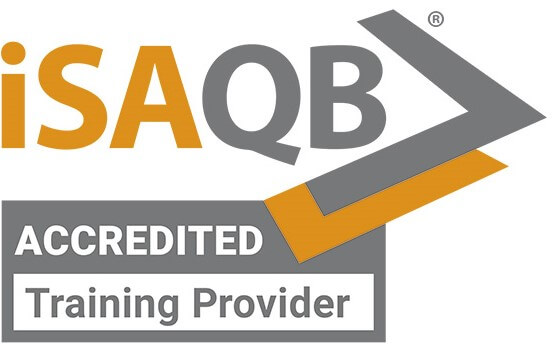About the iSAQB Program
The International Software Architecture Qualification Board (iSAQB), was founded in 2008 with the objective of creating a uniform, internationally recognised qualification standard for software architects, the Certified Professional for Software Architecture (CPSA). In the meantime this has resulted in an extensive programme used by architects and also developers, analysts, project managers, testers and other groups that are involved in software projects. Companies from almost all industries use the iSAQB-accredited training courses offered by training providers such as the ITech Academy to create a consistent basic knowledge of software architecture in their project teams and to ensure a technical language understanding across the various IT disciplines
The iSAQB CPSA levels
Course
3- or 4-day courses, bookable as public and in-house training
Examination
A written examination by an independent, licensed examiner at the end of the course or on an agreed date.
Certficate
iSAQB Certified Professional for Software Architecture – Foundation Level (CPSA-F)
Courses
2 to 3-day courses per module, as public training or in the form of an in-house training. A prerequisite for the certification examination is the CPSA-F certificate. In addition, a total of at least 70 credit points must be achieved from the three training areas Methodology, Technology and Communication.
Examination
A written homework assignment with subsequent defence in a telephone discussion. The acceptance is granted by an independent, licensed examiner.
Certificate
iSAQB Certified Professional for Software Architecture – Advanced Level (CPSA-A)

The highest level of iSAQB certifications is currently in the course of preparation.



